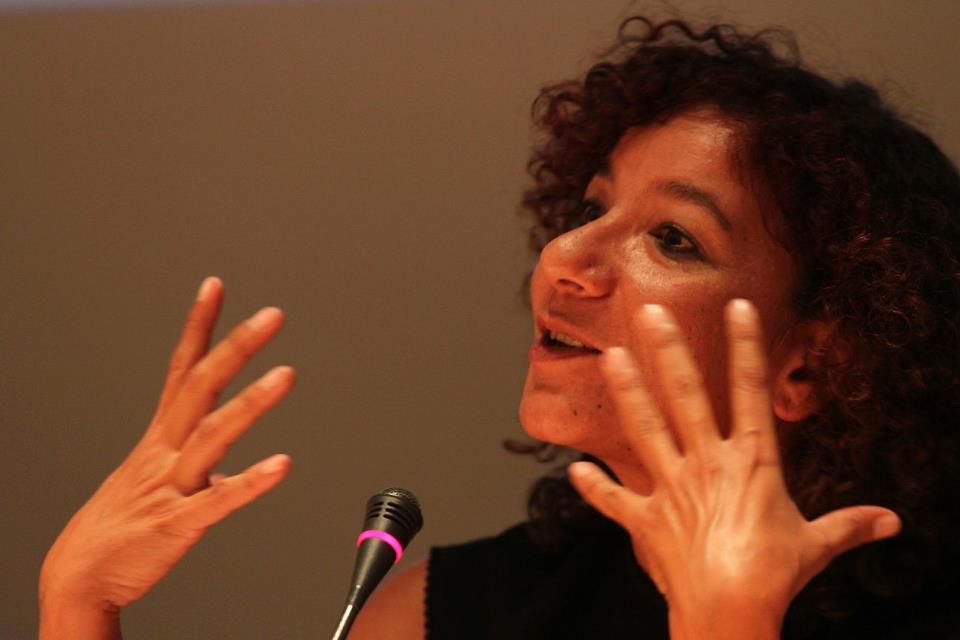Egyptian student given prison sentence for atheist Facebook posts
Suez Canal University President personally filed legal case against student Sherif Gaber,…
Detention of student renewed for contempt of religion
A university student in Ismailia is detained pending investigations of insulting religion…
Suez Canal University criticised for not protecting professor
Political movements and feminist groups announce solidarity with Professor Mona Prince
Rights groups condemn crackdown on university professor
EIPR and AFTE say universities must do more to ensure faculty are…
University professor accused of contempt of religion
Students filed an official complaint against the professor accusing her of contempt…

